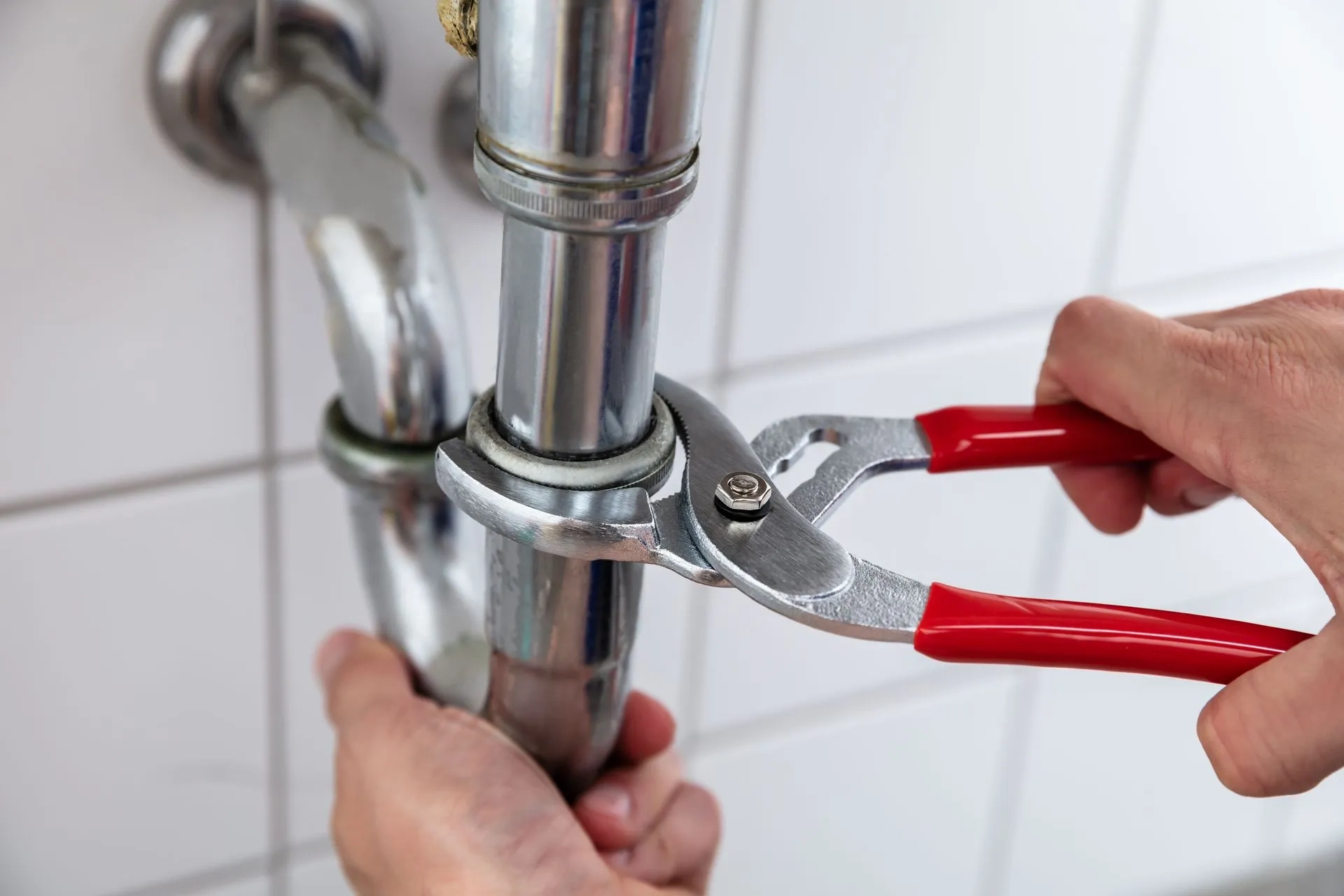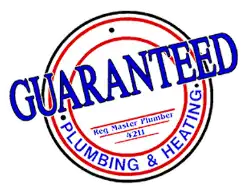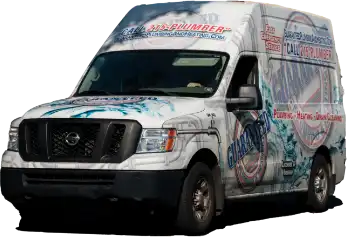
What Happens During a Plumbing Inspection?
The Philadelphia Area’s Top Plumbing Company
Regular plumbing inspections are essential for maintaining the health and efficiency of your home’s plumbing system. At Guaranteed Plumbing & Heating, we understand that many homeowners may not know what to expect during a plumbing inspection. We’re here to demystify the process, explain its importance, and help you understand what happens during a plumbing inspection.
1. Initial Assessment and Consultation
A plumbing inspection begins with an initial assessment and consultation. Our experienced plumber will discuss any concerns you have and ask about any recurring issues, such as slow drains, unusual noises, or fluctuating water pressure. This step helps pinpoint specific areas that may need closer attention during the inspection.
2. Visual Inspection
The plumber will conduct a thorough visual inspection of all accessible plumbing components. This includes checking:
- Faucets and Fixtures: Ensuring that all faucets, showerheads, and fixtures are functioning correctly and free from leaks.
- Sinks and Drains: Looking for signs of clogs or slow drainage in sinks and tubs.
- Toilets: Checking for proper flushing, leaks, and the condition of the seals and mechanisms inside the tank.
- Pipes and Hoses: Inspecting exposed pipes for signs of corrosion, leaks, or damage. This includes both water supply lines and drain pipes.
- Water Heater: Evaluating the water heater for signs of wear, proper operation, and checking the temperature settings.
3. Water Pressure Test
Proper water pressure is crucial for the efficient operation of your plumbing system. During the inspection, the plumber will test the water pressure throughout your home. Low water pressure can indicate issues like pipe blockages, leaks, or problems with the main water supply. Conversely, excessively high water pressure can strain your plumbing system and cause damage over time.
4. Leak Detection
Even minor leaks can lead to significant damage if left unaddressed. The plumber will use specialized equipment to detect hidden leaks in walls, floors, and ceilings. This may include infrared cameras, moisture meters, and acoustic listening devices to pinpoint leaks that aren’t visible to the naked eye.
5. Sewer and Drain Inspection
A comprehensive plumbing inspection includes evaluating the condition of your home’s sewer and drain lines. The plumber may use a specialized camera to inspect the interior of the pipes. This allows for the identification of blockages, cracks, tree root intrusions, and other issues that could lead to costly repairs if not addressed promptly.
6. Inspection of Shut-Off Valves
The plumber will check all shut-off valves, including the main water shut-off valve, to ensure they are functioning correctly. This is crucial in case of a plumbing emergency, as knowing how to quickly turn off the water supply can prevent extensive water damage.
7. Backflow Testing
If your home has a backflow prevention device, the plumber will test it to ensure it is functioning correctly. Backflow prevention devices are essential for preventing contaminated water from entering your clean water supply.
8. Final Report and Recommendations
After completing the inspection, the plumber will provide a detailed report outlining their findings. This report will include:
- Identified Issues: A list of any problems discovered during the inspection, along with their severity.
- Maintenance Tips: Recommendations for maintaining your plumbing system and preventing future issues.
- Repair Estimates: If repairs are needed, the plumber will provide an estimate for the cost and time required to complete them.
Contact Our Philadelphia Plumbing Company Today
At Guaranteed Plumbing & Heating, we are committed to providing thorough and reliable plumbing inspections. If it’s time for your home’s plumbing inspection, or if you have any concerns about your plumbing system, contact us today to schedule an appointment.

